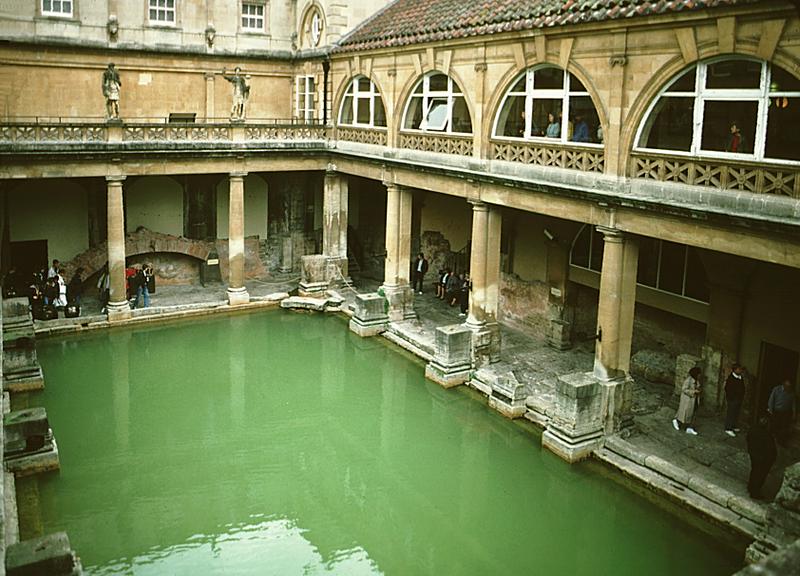Digging Up Bones
By | December 8, 2018

Archaeological finds can lead to some interesting information and stories from the past. Some of those stories are true but there are others that come from myths or theories but are still very intriguing.
A gruesome discovery was found while exploring the city sewers of Aschkelon by Ross Voss, an archaeologist. He found a large number of small bones which he originally thought were chicken bones. As it turned out later, it was actually the remains of over 100 babies. As a true curious historian, he wanted to know what happened and why so he took the remains to Professor Patrician Smith, a forensic anthropologist. After examination, she was able to determine there was no reason medically that these infants should have died because they were perfectly healthy at the time of their death. Utilizing specific forensic testing, she was further able to determine that none of the infants had lived longer than a week.

During the time of the Romans, because there were no birth control methods available back then, it was not uncommon for women to participate in the practice of “exposure.” The Romans did not believe that newborns were “fully human” so it was not considered a crime. The way the practice of “exposure” worked was the woman would abandon the baby to be either cared for by someone else or perish and it was pretty much left up to the “gods” to determine the outcome.
The legend of Romulus and Remus is the most famous account of “near” infanticide. This story was taught to children in the Roman schools so it became set in stone (so to speak). Romulus and Remus were the infant sons of Rhea Silvia (descendant of Aeneas, a great hero of the Trojan War and son of Venus) and Mars, the god of war (or Hercules). They were abandoned and put into a basket, then placed in the Tiber River. The basket was then found by a female wolf who nursed them for a while until a shepherd found them and raised them. When they grew up into adulthood, they wanted to become the founders of the city where the wolf found them but they argued over where the site was. Romulus killed his brother, Remus so he alone named the city Rome in 753 B.C.

The actual story is that Rome came into existence from a number of settlements that were in the area around the seven hills. This area was near the Tiber River which gave them a water supply. However, each settlement was vulnerable to attack (because it was possible to create a bridge across the water) as each one was separated from each other by a marshland. If one settlement were attacked alone, it would have been doomed so they all agreed to join forces to become stronger. This did not happen overnight but took many years to accomplish. By 300 B.C., Rome was in control of most of the Italian peninsula by having created a large army. From early on, the city was rich which caused jealousy that brought about wars.

After additional research was done regarding the bones found under Ashkelon, it was indicated that the infants did not appear to fall under the category of the method of “exposure.” To the contrary, it seems that they were intentionally killed, as the location where the bodies were found was directly underneath a former bathhouse. Possibly, these babies were born to prostitutes or other workers there that did not want to have a child to raise. Certainly, a pregnant prostitute would not be able to make a “living” in that condition.

Besides Ashkelon, another shocking discovery was made in Hambleden, the site of a former Roman villa. Alfred Heneage Cocks, a curator for the Buckinghamshire County Museum in England, made the discovery in 1912 while leading an excavation. What he discovered was remains of 103 bodies. Out of those 103 bodies, 97 of them were children. Unlike Ross Voss, he was not curious enough to investigate the cause but someone else was.
Jill Eyers, who is also an archaeologist as well as director of Chiltern Archaeology in England, found the remains in an archive of the museum and was curious enough to dig deeper. What she found led her to believe that, just like the Ashkelon theory, it was a brothel (or bath-house) of prostitutes who gave birth to unwanted children and so allowed them to be killed.
Surprisingly, though, it was probably not a case of not being able to afford to take care of them as the area was not a poverty-stricken area. Just like the other case, there was no medical explanation for that many deaths.

